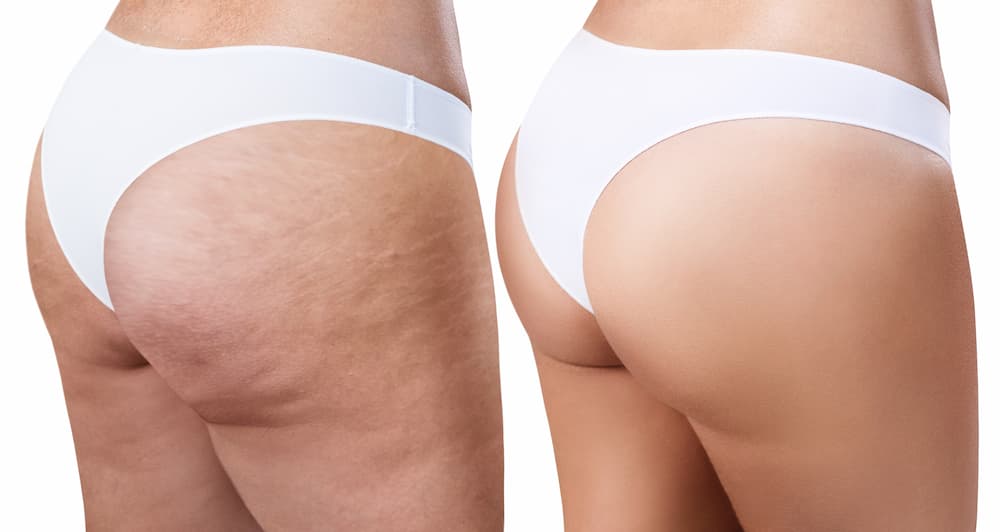There is a tremendous opportunity for development in the sober lifestyle. Effective methods for managing emotional distress like anxiety, stress, and depression are taught. You gain the skills you need to become financially self-sufficient and independent. In addition, you gain the knowledge necessary to make wise choices that will improve the quality of your life.
Developing a more positive outlook on yourself and the world is essential to maintaining not only a sober lifestyle but also one that is rich with meaning and purpose. Self-efficacy is a good illustration of this. This blog by addiction treatment experts from Taylor Recovery Center, a renowned luxury rehab in Houston, Texas, highlights some of the things you need to know about self-efficacy in addiction treatment including its importance and ways of improving it.
What is Self-Efficacy?
If you have a high sense of self-efficacy, you believe in your own abilities, view obstacles as temporary, and push yourself to set even loftier goals. Individuals with high self-efficacy know that making a mistake isn’t the same as failing. These setbacks are opportunities for growth, teaching them what they can do to get closer to their ultimate goals. Those with low self-efficacy doubt their abilities to succeed in their quest to overcome their substance abuse problems. To the point where they might avoid getting started, delay finishing, blame themselves when they encounter obstacles, and otherwise undermine their own success.
Importance of Self-Efficacy in Addiction Treatment
Individuals with high levels of self-efficacy are more likely to handle high-risk circumstances without giving in to temptation, making self-efficacy a crucial component of addiction rehabilitation. Individuals in recovery who have the knowledge, tools, and support to avoid relapse and bounce back from setbacks are more likely to do so. The opposite is true for relapsers: they are considerably more prone to spiral into a destructive pattern of decision-making and a full-blown relapse if they lack self-efficacy. Self-efficacy has been shown in numerous studies to be a predictor of treatment success.
Ways of Enhancing One’s Self-Efficacy in Addiction Treatment
- Keep in touch with people who are also on the road to recovery. Clients are encouraged to meet and form bonds with other people in recovery through sober living programs and residences. Having the chance to witness the long-term or even permanent sobriety of others is an important part of the recovery process. Seeing others succeed in sobriety and stay clean for weeks, months, or even years is inspiring and will boost your confidence in your own ability to do the same. Peers who have already been there can also support you when you’re having a hard time staying sober.
- Put your mental and emotional health first. A pleasant mental and emotional state can be maintained through daily meditation, engaging in a pleasurable activity or hobby, seeing a therapist on a regular basis, and sharing honestly with peers at local 12-step meetings.
Reach Out To Taylor Recovery Center, a Luxury Rehab in Houston, For More Information Regarding Self-Efficacy in Addiction Treatment.
Self-efficacy, or confidence in one’s own ability to overcome addiction and reclaim one’s life, is a central tenet of treatment at Taylor Recovery Center in Houston, Texas. Our entire staff is dedicated to helping you along this life-changing path. We give you the tools you need to recover successfully by providing individualized treatment plans, therapeutic support, and a safe place to heal. Taylor Recovery Center is here for you if you want a sober life that celebrates your personal fortitude and resiliency. Get in touch with us right away to learn how your own sense of competence can be your strongest weapon in the fight against substance abuse. We are the first step on your path to a better, addiction-free tomorrow.




